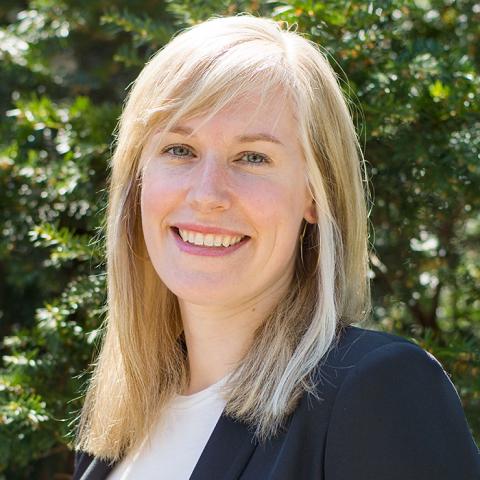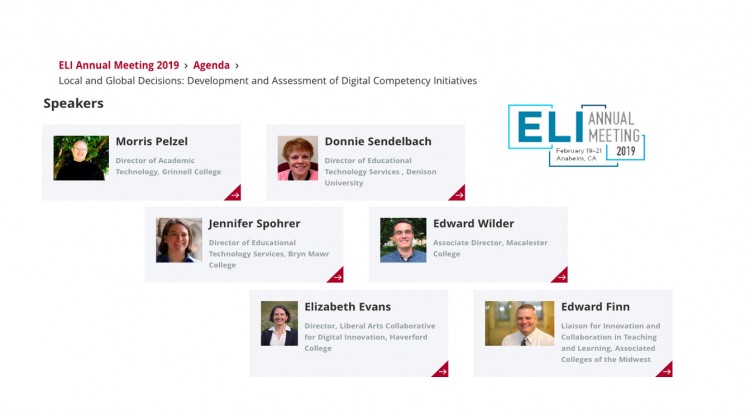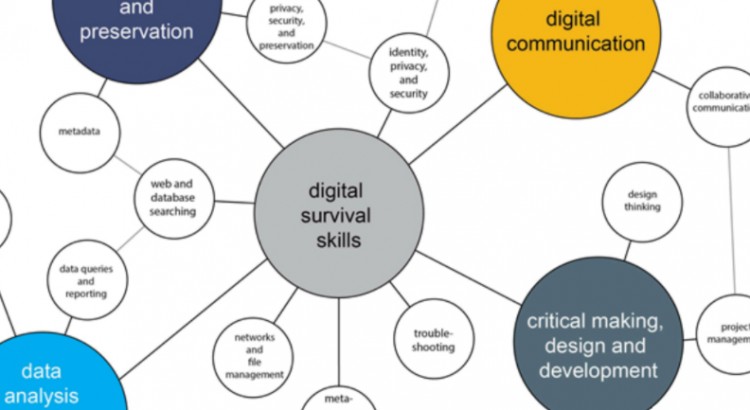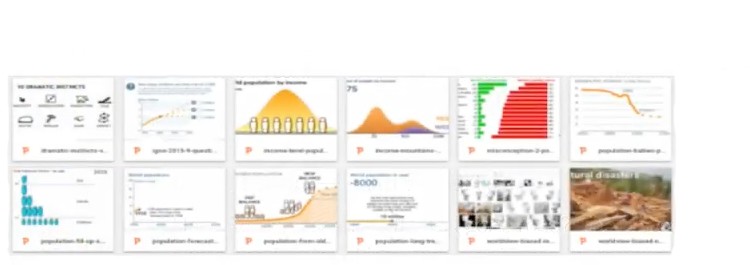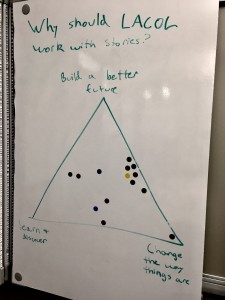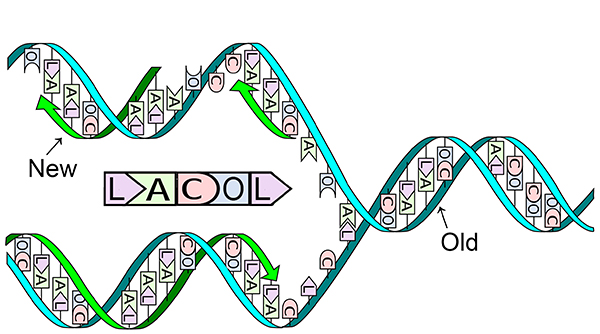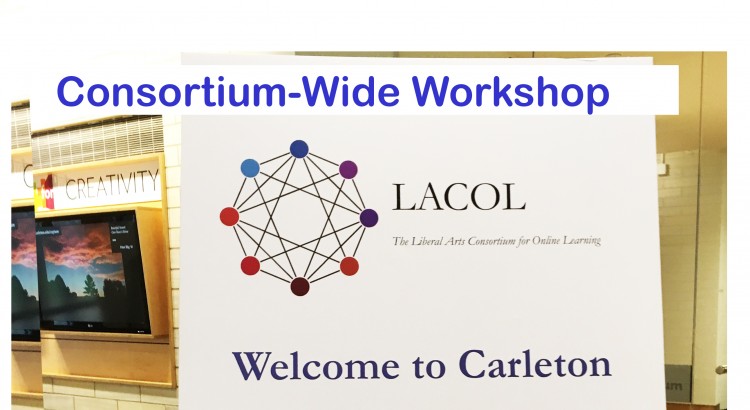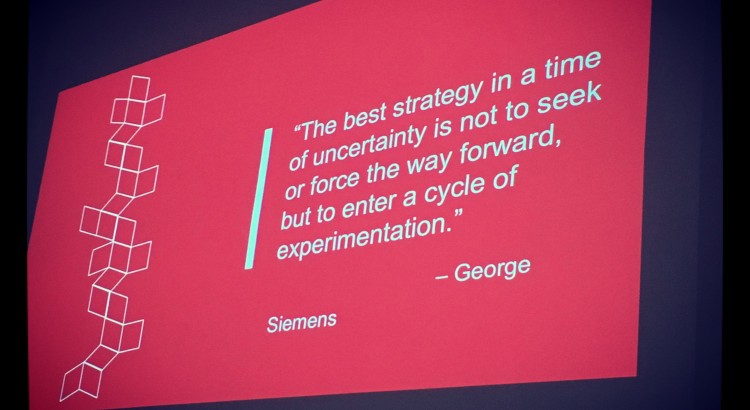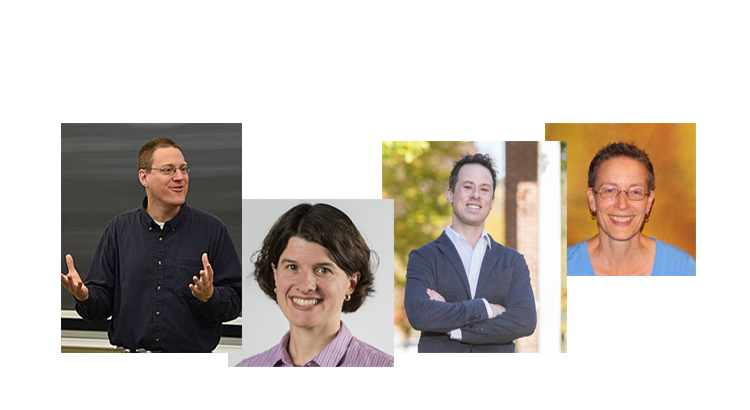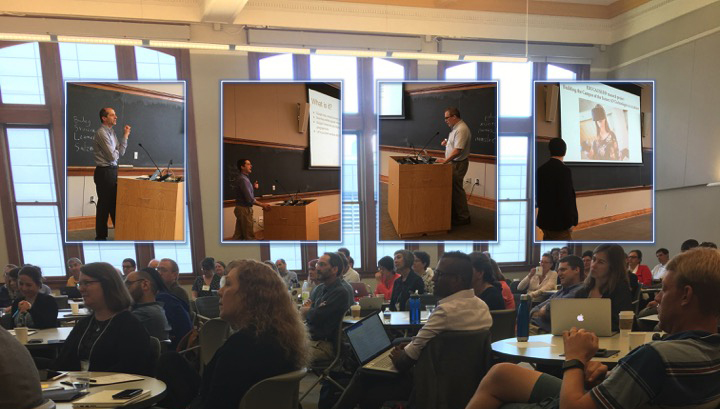 Event: Language Instruction Jam
Event: Language Instruction Jam
Location: Bryn Mawr College, Canaday Library
Date: March 23-24
Agenda: Language Jam Agenda
Attendees: Language Instruction working group and project teams
Full agenda & highlights:
- CHIANTI: Ample time devoted to collaborative workshopping on CHIANTI, the shared teaching resource for college-level language instruction; participants will explore the resources that have been gathered so far (including student and faculty reflection videos on liberal arts language learning), brainstorm on ideas for the emerging platform, and work on building additional content.
- SKILLS DASHBOARD: Demonstration and brainstorming on the language skills question bank and dashboard prototype – initially developed for French last year, with future possibilities for other languages.
- DIGITAL TOOLS for LANGUAGE LEARNING: Colleagues across LACOL shared experiences with digital pedagogies and tools for language instruction.

